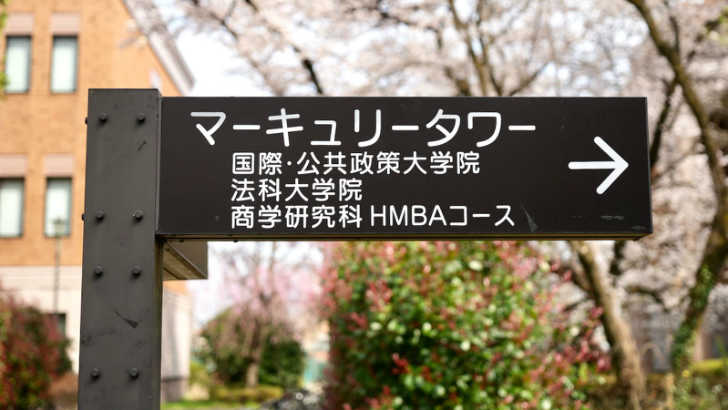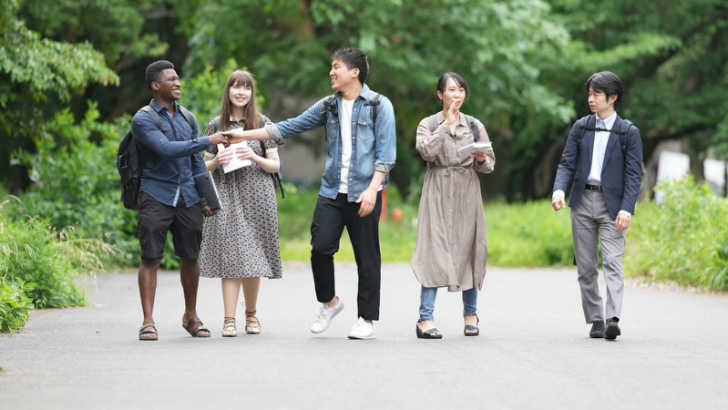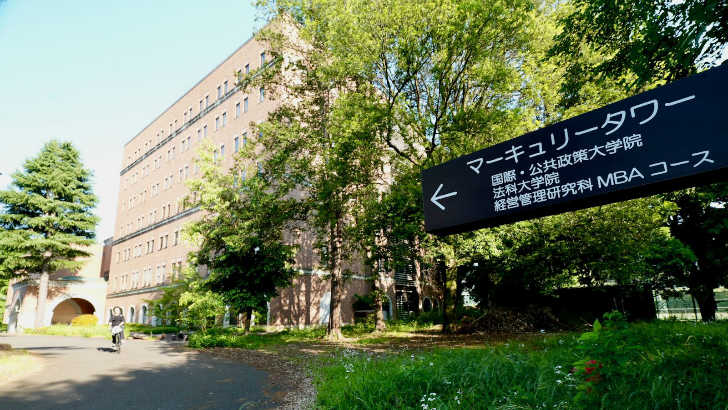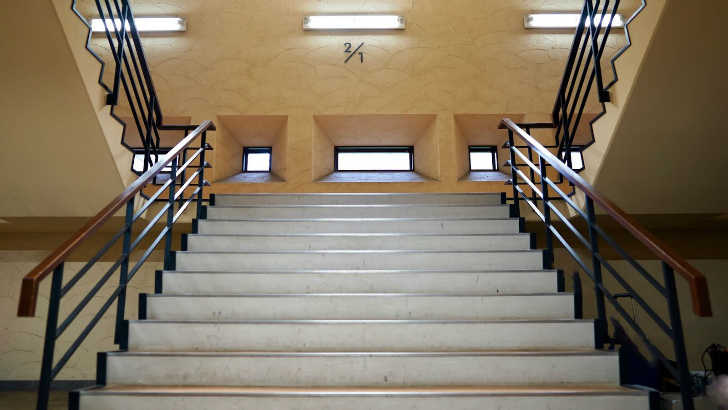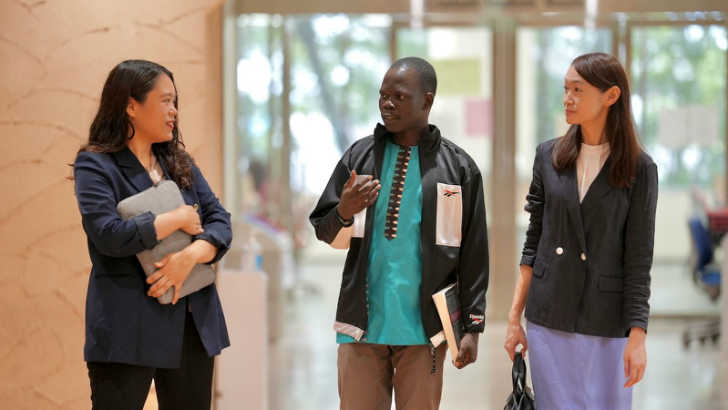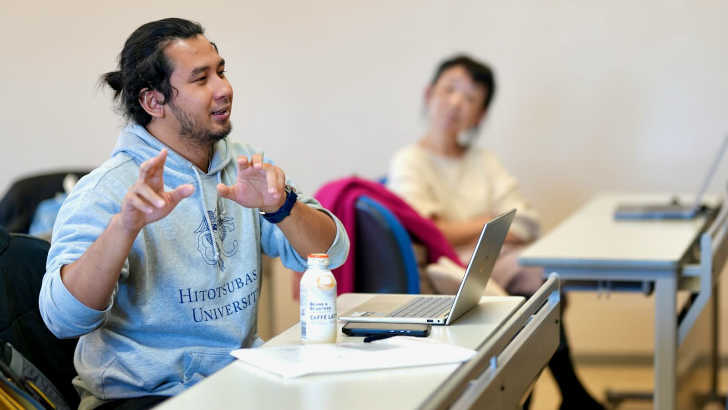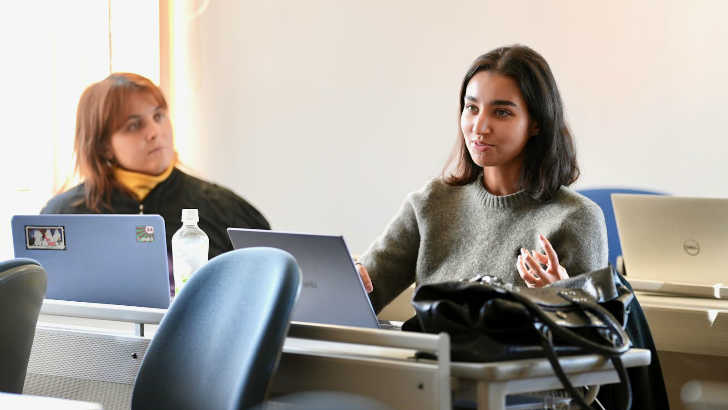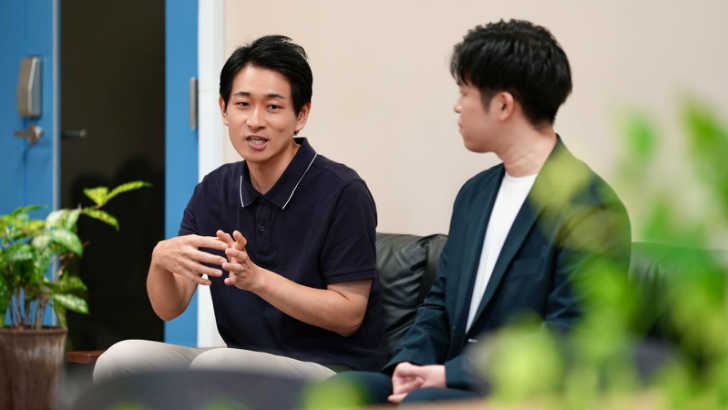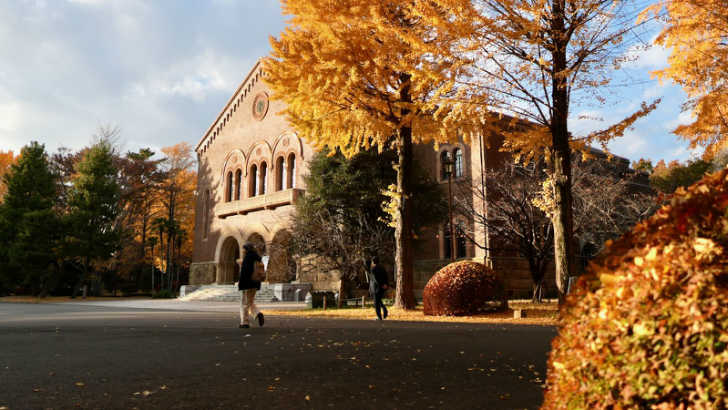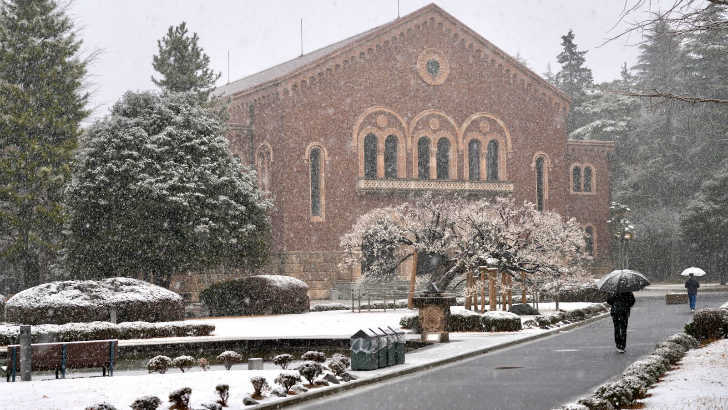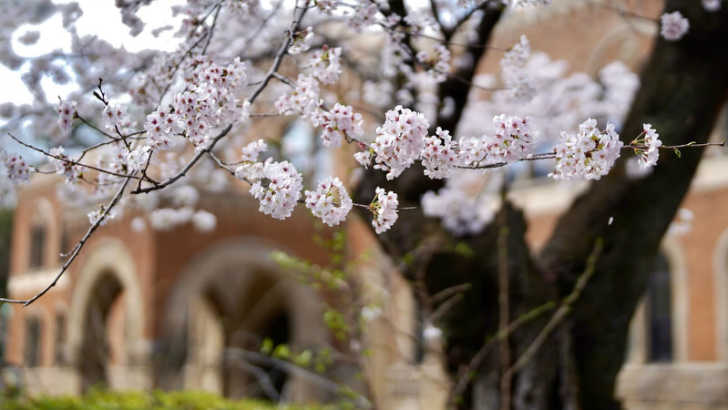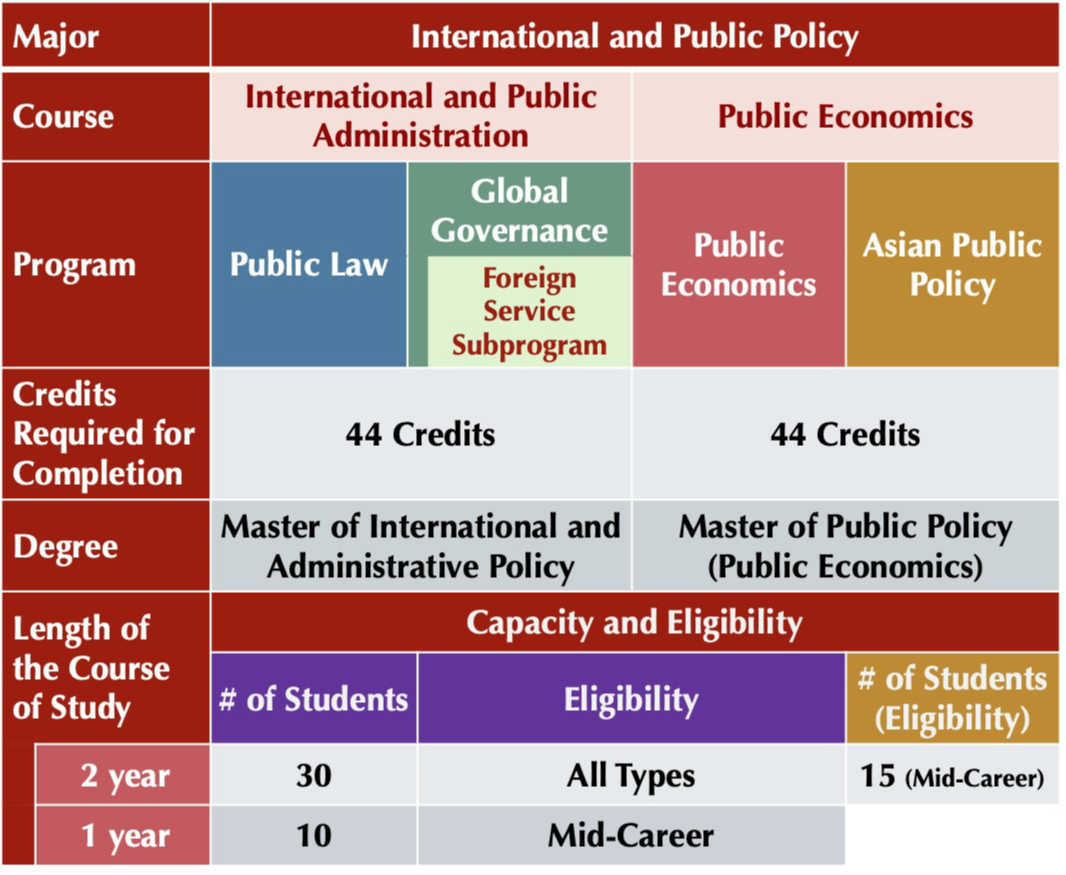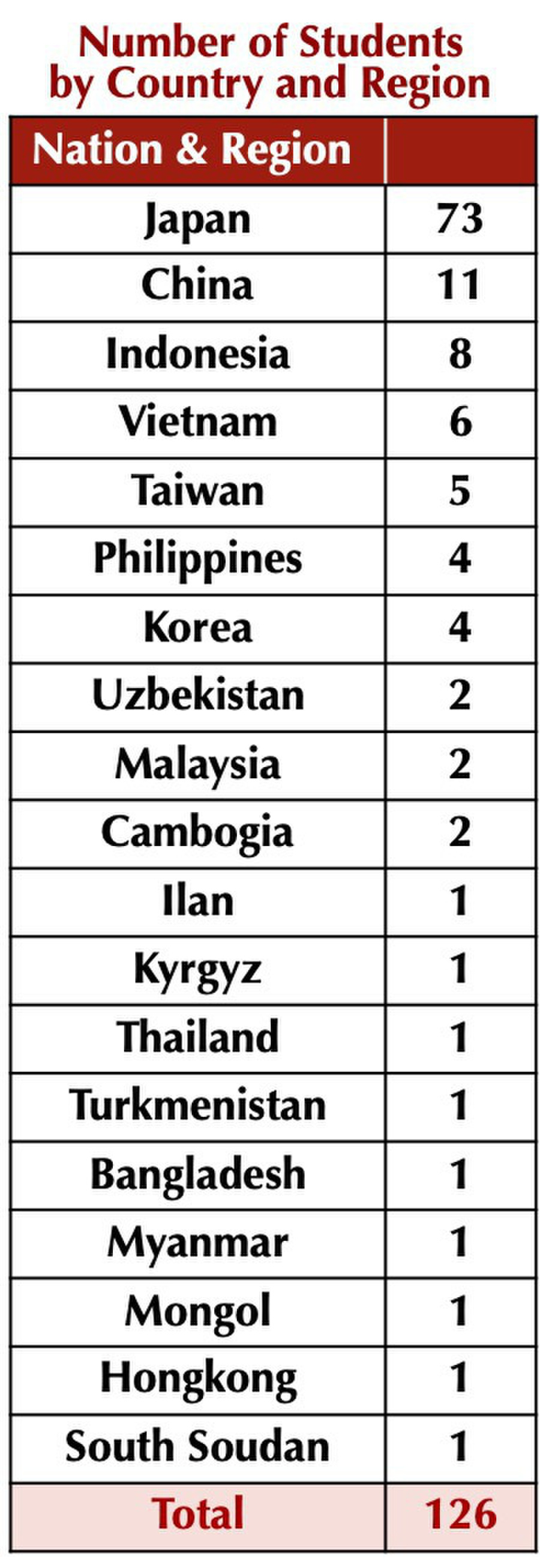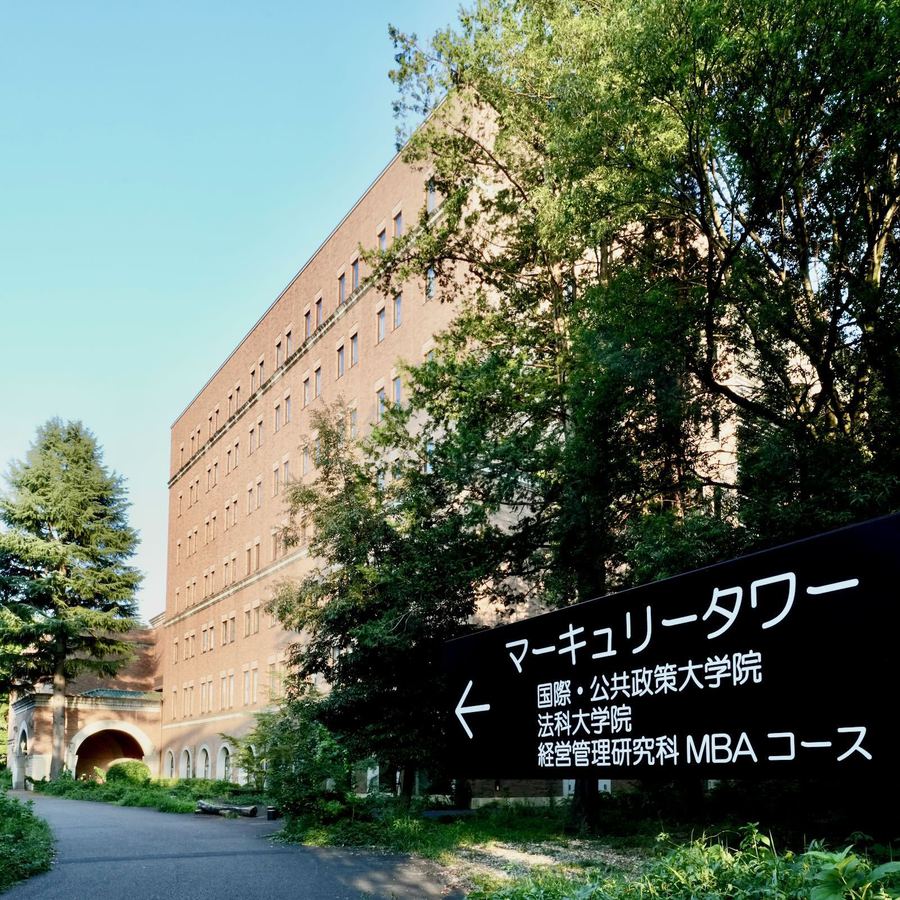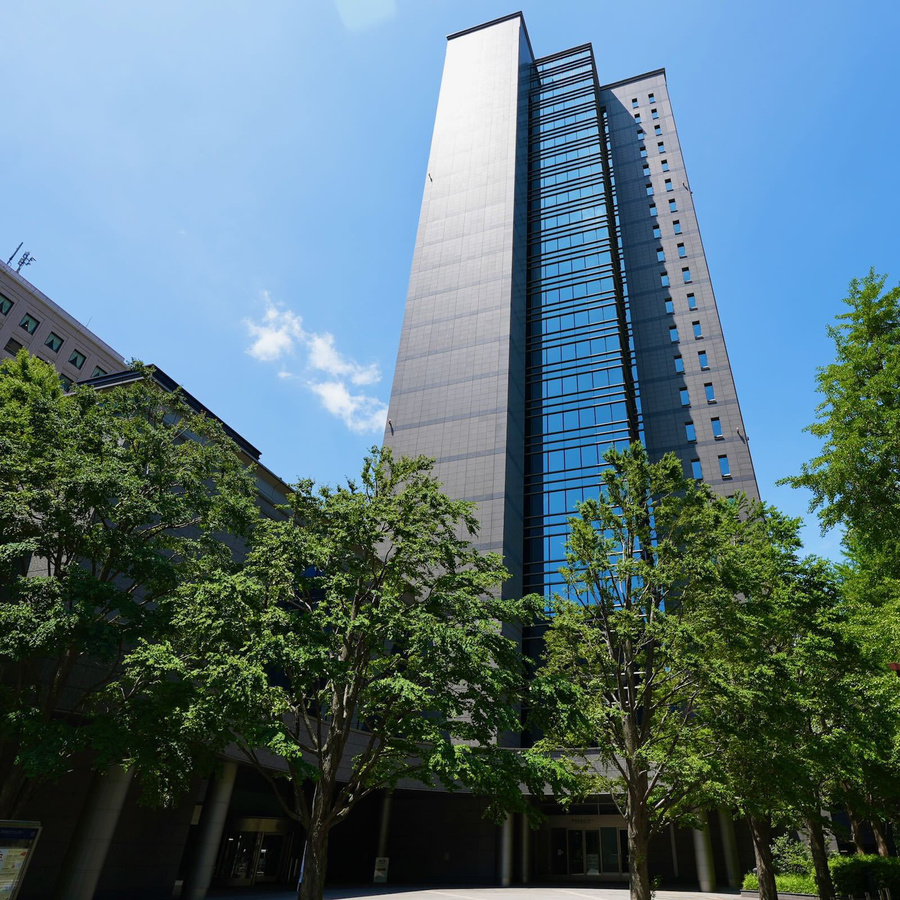20 Years of Progress at the School of International and Public Policy
In Japan, the professional graduate school system was implemented in 2003, and eight graduate schools related to public policy were established, but currently only six remain: Hokkaido University, Tohoku University, the University of Tokyo, Meiji University, Kyoto University, and Hitotsubashi University.
At Hitotsubashi University, the IPP is a master's degree-only graduate school that offers professional education in international and public policy. It has four programs with a total enrollment capacity of 55 students.
The International and Public Administration Course taught by faculty members of the Graduate School of Law includes the Public Law Program and the Global Governance Program, while the Public Economics Course taught by faculty members of the Graduate School of Economics has the Public Economics Program and the Asian Public Policy Program.
The Asian Public Policy Program (APPP) was established in 2000 as an English-language program within the Graduate School of International Corporate Strategy (now the Department of International Corporate Strategy, Graduate School of Business Administration). It has primarily taught economic policy to young government officials from Asian countries, and was incorporated into the Public Economics Course when the IPP was established in 2005. In addition, a Foreign Service Subprogram (FSS) was established in the Global Governance Program in 2008 as an English-language program.
Establishment of IPP
The purpose of establishing the IPP is stated, in the application for establishment in 2005, as follows:
Today, in the field of policy which has a strong international and public nature, there is an increasing need for practical human resources equipped with advanced specialized knowledge and critical thinking, and the training of such human resources has become an important educational responsibility. Our School aims to fulfill this responsibility.
To this end, we have established four basic principles: (1) advanced professional education based on cutting-edge research, (2) fostering a multifaceted perspective through interdisciplinary analysis, (3) emphasizing diversification and practicality in policy analysis, and (4) building a base in the Asia-Pacific region and cultivating the ability to disseminate information to the world.
These four basic principles are natural ones when considering the role expected for a professional graduate school. However, realizing the basic principles of (2) and (3) was a big challenge that the "research-oriented" faculty members, who have been mainly engaged in academic research and education, had never experienced before.
Professional graduate schools are required to employ a certain number of "practitioner" faculty members with practical experience in public sectors. The number of practitioner faculty that can be employed, however, is limited.
In order to be a professional graduate school that is highly regarded, what kind of education we should provide to students, including those with work experience, who have strong desire to improve their skills? This was the question and the challenge that even research-oriented faculty with no practical experience needed to think deeply about.
Two members involved in the establishment of the IPP visited two public policy schools in the United States and had the opportunity to gain insight into the operation of professional graduate schools. There, in order to develop a multifaceted perspective and practical skills, opportunities were created for students to actually apply what they learned in the classroom. They also found that learning environment was created so that students learn and master skills through dialogue with faculty members and peer students.
The visit was also a valuable opportunity to understand professional graduate schools in the United States from the management side. The differences between Japan and the United States, such as the demand for and social recognition of professional schools in the United States, the financial resources of graduate schools, and the number of doctoral degree holders with work experience, seem to be large even today, after 20 years from the visit.
Education at IPP
The full-time faculty of the IPP are affiliated with the Graduate School of Law or Graduate School of Economics, and are required to conduct both academic research and provide practical professional education. The faculty also strive to enhance the internationalization of the school: The international students are currently making up about 40% of the students, representing nearly 20 different countries. The school also offers a one-year course for students with two-year work experience, resulting in a high percentage of students with work experience.
The high diversity of the student body is one of the distinctive features of the IPP, but the skill required of faculty and staff to communicate in English and meet the needs of students with work experience are not small. However, the dedicated efforts of each faculty and staff have allowed the school to maintain high levels of satisfaction and evaluation among graduates.
In order to respond appropriately to many social issues that Japan and the world are facing, it is necessary to have advanced problem-finding and problem-solving skills that clarify the essence of each issue based on thorough analysis and propose creative solutions based on that understanding. Producing a large number of professionals with such skills is a challenge for the Japanese higher education institutions.
The IPP has provided students with opportunities to apply classroom learning to practice, such as internships and consulting projects, through collaboration with ourganizations outside the school. It also has strived to nurture multifaceted perspectives and practical skills of the students. The faculty members have worked to maintain an international, high-quality learning environment by attracting excellent students from diverse countries overseas.
The Asian Public Economics Program, for example, has secured scholarships from international organizations to provide public policy education primarily to young bureaucrats in Asian countries. In addition, faculty members have visited Asian countries to conduct outreach activities to secure and select excellent candidates. Many of the graduates who returned to their home countries after graduation are active in the public sector in Asian countries. Some graduates have even become ministers.
In the Global Governance Program, Foreign Service Subprogram in 2008 was launched, where students can earn a degree entirely in English. It accepts excellent international students, contributing to increasing the diversity of countries from which international students come. In 2018, we also signed an agreement with a European graduate school and started a double degree program in which students can earn degrees from two graduate schools during their two-year stay at the school.
In 2023, the IPP received its third accreditation from the Japan University Accreditation Association. The following six points were recognized as distinctive features and strengths:
- Global human resource development thorough group and individual guidance in the "Asian Public Policy Program" and "Foreign Service Subprogram."
- Enhancement of "consulting projects" that bridge theory and practice.
- Regularly held "opinion exchange meetings" between students and faculty members to utilize students' opinions in improving education.
- Continuously building relationships with external international organizations.
- A detailed and thorough teaching system that values each and every student.
- Creating an environment where international students can study with peace of mind by providing human support.
The Future of IPP
While most of the classes of the IPP are held at the Kunitachi Campus, many classes are still held at the Chiyoda Campus. In order to increase practical knowledge of the latest policy issues, the IPP has offered many courses taught by staff from government agencies and research institutes located in the city center. In order to reduce the burden of the external lecturers and to maintain their continuous cooperation, effective use of the Chiyoda Campus is vital for maintaining high-quality practical education.
The School of International and Public Policy will continue to make good use of the two campuses, the Kunitachi Campus and the Chiyoda Campus, and will aim to realize our mission to foster internationally-minded professionals who can tacklee with various social challenges both at home and abroad.
